How A Century-Old Insight of Photography Can Inform Legal Questions of AI-Generated Artwork (Guest Blog Post)
Technology & Marketing Law Blog
AUGUST 2, 2023
A new breed of artists is using generative artificial intelligence tools like DALL·E, Midjourney, Firefly, and ChatGPT to create artistic works. Do these creations belong to the artists or the public domain? Do creators who use generative AI maintain copyright in their creations? By guest blogger Prof. When the U.S.

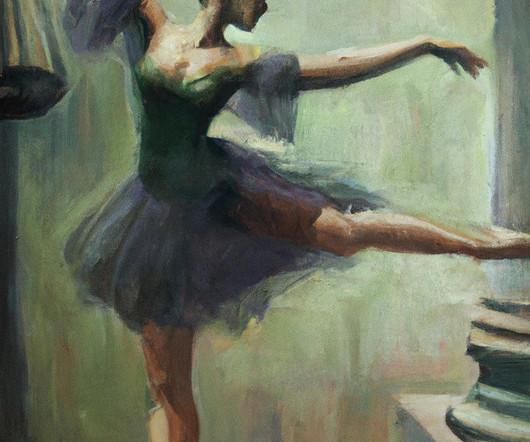
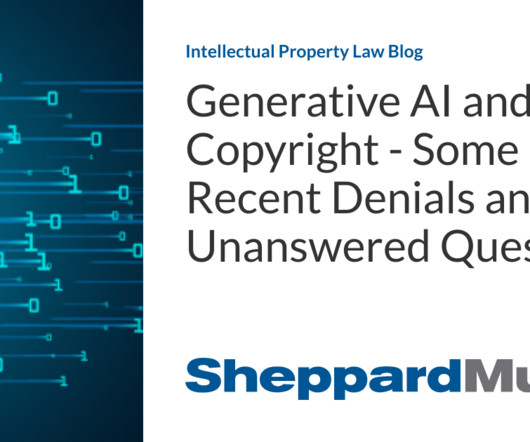

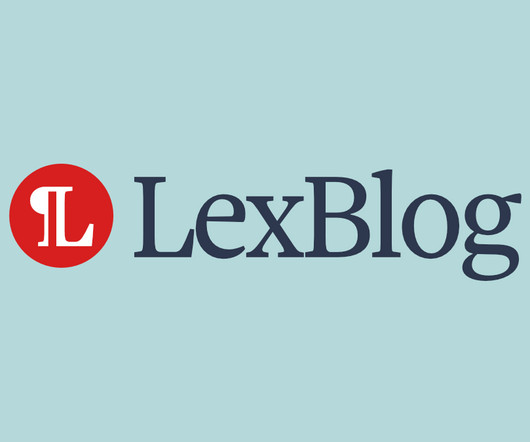
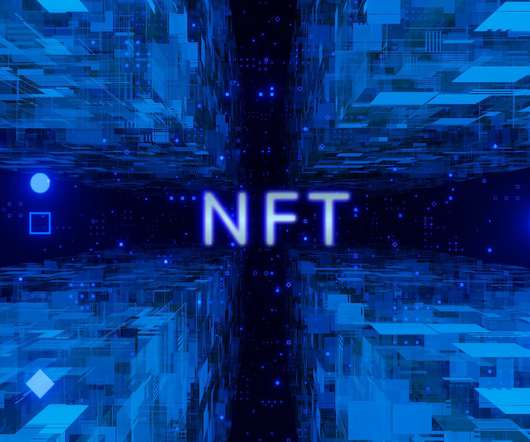
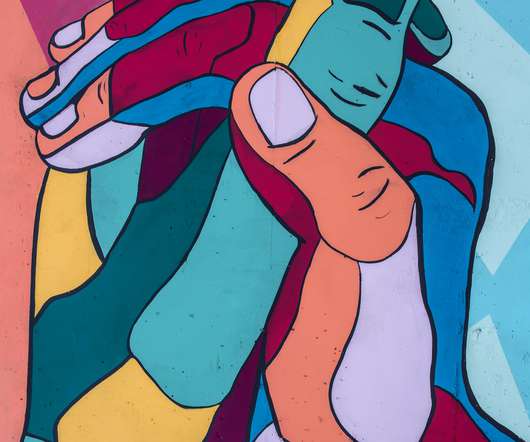







Let's personalize your content